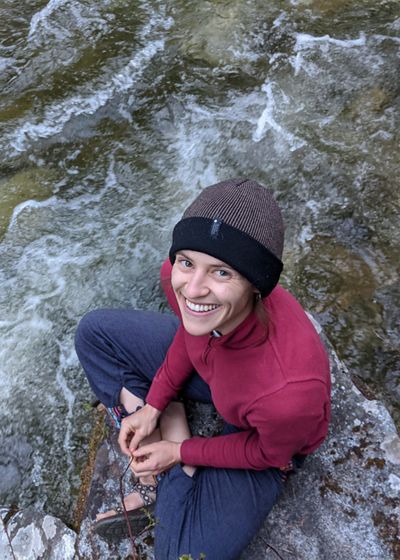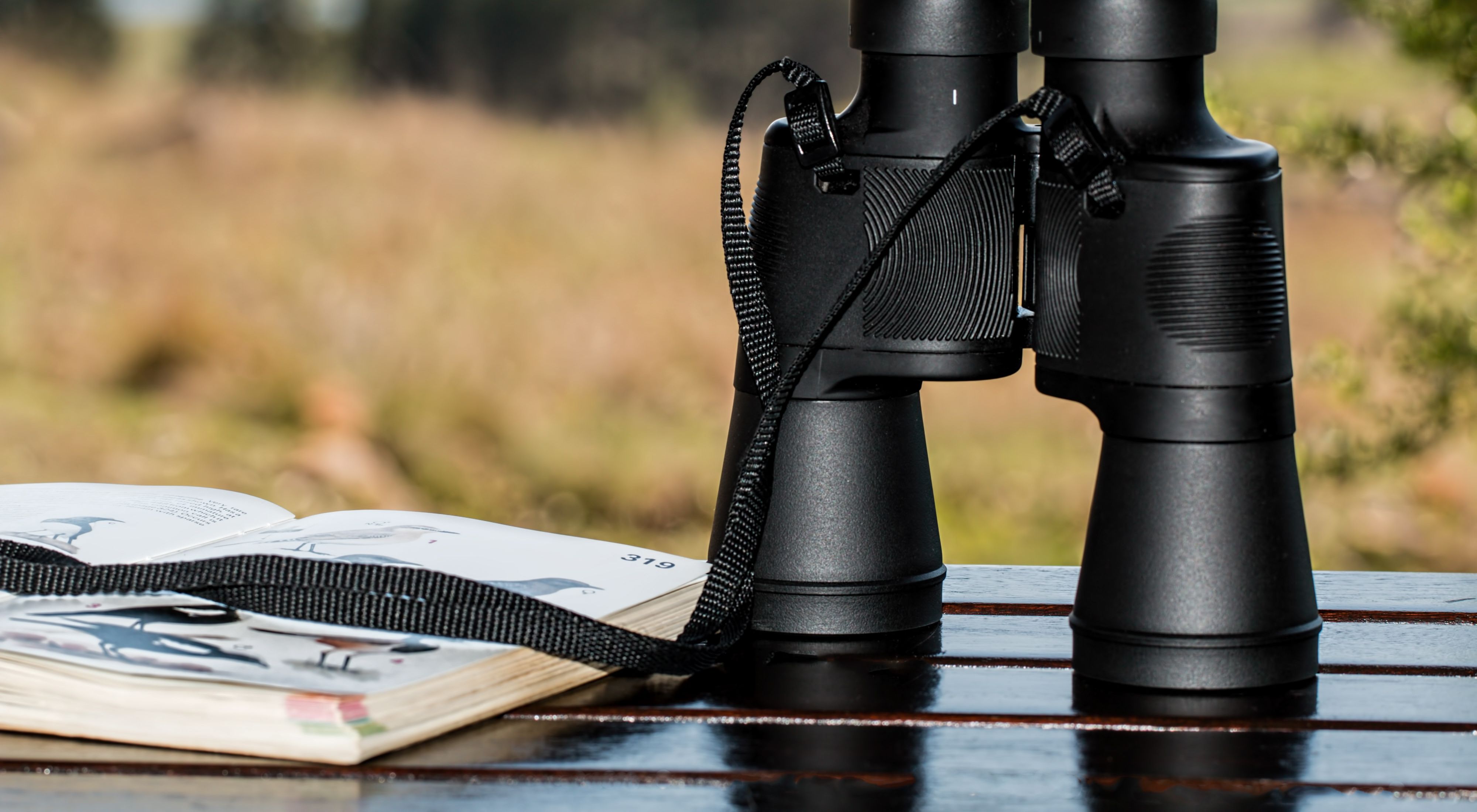The Nature Conservancy Welcomes New Idaho Trustee Fellows
Designed to foster diverse perspectives, the Trustee Fellowship Program provides opportunities to develop conservation leadership skills.
Media Contacts
-
Claire Cornell
Communications Manager
The Nature Conservancy in Idaho
Phone: 208-350-2206
Email: claire.cornell@tnc.org
The Nature Conservancy (TNC) in Idaho is pleased to welcome Meg Dolman and Grace Peven as our new Trustee Fellows. Designed to bring diverse perspectives and voices to TNC’s leadership, the Trustee Fellowship is an opportunity to work with a global environmental organization, develop leadership abilities and networking, apply skills acquired as an undergraduate or graduate student in a real-world setting and gain invaluable experience for those considering advanced degrees or non-profit management. The program enables fellows to fully participate in the organization’s strategic direction while helping prepare the next generation of conservation leaders. The fellows will serve three years on the Idaho Board of Trustees.

Introducing Meg Dolman
Meg was born and raised in southeastern England. She holds a BSc in physical geography from Royal Holloway University of London, for which she studied human and environmental impacts on endangered avian species in the Peruvian Amazon.
In between degree programs, Meg explored her passion of hiking and thru-hiked the Appalachian Trail, where she met her husband, Mark. After her hike, Meg returned to England to do an MSc in biodiversity, conservation and management at the University of Oxford. Inspired by her hiking experience, Meg partnered with Leave No Trace and pursued research developing best practices to minimize invasive non-native plant introduction and spread along recreational trails, using the Appalachian Trail as a case study.
Meg now lives in Boise, Idaho and is currently a PhD candidate with the Human-Environment Systems group at Boise State University. Her work examines interactions between humans and nature, specifically wildfire hazards and community resilience across the sagebrush steppe. Meg is a recipient of the Joint Fire Science Program Graduate Research Innovation (GRIN) award. She serves on the Steering Committee for the 6th National Cohesive Wildland Fire Management Strategy Workshop.
Beyond her specific research interests, Meg is interested in science communication and education. In her free time, Meg can be found hiking with her husband and their dog, Chipper. She is also an avid musician, crocheter and aspiring science illustrator.
“I admire TNC’s commitment to tackling our most challenging conservation and environmental problems. Grounded in science and driven by community engagement and collaboration, TNC works to foster innovative solutions that promote ecosystem sustainable management and conservation. As a scientist, researcher and enthusiastic science-communicator, I am interested in understanding complex human-environment systems, particularly under the growing threats of climate change. I am excited to bring my knowledge, research experience and international perspective to TNC's Idaho Board of Trustees, and I am keen to help make a difference.”

Introducing Grace Peven
Grace is a PhD student in the Water Resources program at the University of Idaho in Moscow, Idaho. Her research explores how small sources of water, like springs, contribute to fire and climate change resilience in the headwaters of the Salmon River watershed in central Idaho. Grace uses a combination of remote sensing, GIS and field monitoring to approach her research.
Grace’s connection to the beautiful waters and landscapes of Idaho began well before the start of her Ph.D. research. As a child she experienced the freedom and joy of many multi-day rafting trips on the Salmon River with her family, which has ultimately led to a lifelong passion and career in watershed conservation and science. Grace graduated in 2016 with a BA in geography and GIS from Western Washington University.
Prior to beginning her PhD, Grace has held many positions throughout the region including working with the Payette National Forest on hydrology and forestry projects, conducting stream surveys in eastern Oregon, mapping suitable beaver habitat for the Methow Beaver Project in Washington state and conducting spatial analysis and managing large environmental datasets for agencies like NOAA and the International Seabed Authority as an environmental consultant. Her education and work experience have given her a deep scientific understanding of the region’s waterways and ecosystems and the role humans play in shaping them.
“I am thrilled to be involved with an organization like TNC in Idaho that values and actualizes community-led and science-based conservation work. TNC does a remarkable job of understanding environmental issues on a local scale, and I hope to support and deepen that understanding with the knowledge I’ve gained through my research and work experience in water resources. As the Lakota say, ‘water is life,’ and Idaho’s watersheds are critical to protect as we find ourselves facing an increasingly uncertain world.”
The Nature Conservancy is a global conservation organization dedicated to conserving the lands and waters on which all life depends. Guided by science, we create innovative, on-the-ground solutions to our world’s toughest challenges so that nature and people can thrive together. We are tackling climate change, conserving lands, waters and oceans at an unprecedented scale, providing food and water sustainably and helping make cities more sustainable. The Nature Conservancy is working to make a lasting difference around the world in 81 countries and territories (40 by direct conservation impact and 41 through partners) through a collaborative approach that engages local communities, governments, the private sector, and other partners. To learn more, visit nature.org or follow @nature_press on X.
